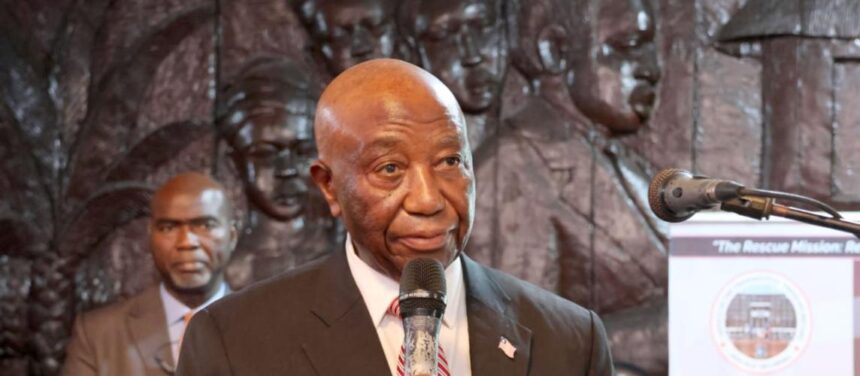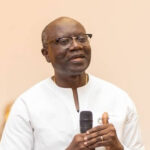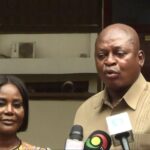Liberian President Joseph Boakai has suspended more than 450 senior government officials, including ministers, for failing to submit their asset declarations to the country’s anti-corruption agency.
The suspended officials will remain off work without pay for a month or until they comply with the legal requirement, according to a statement from the presidency.
The decision comes as part of Boakai’s broader efforts to combat corruption, a key pledge during his presidential campaign last year.
The president emphasised that the failure to declare assets violated the code of conduct for public officials, undermining efforts to promote transparency and accountability in the government.
Among those suspended are key ministers in the education and health sectors, as well as special envoys for tourism and investment.
The suspensions also extend to high-ranking officials working at the Executive Mansion and county-level administrative offices.
Under Liberian law, all public officials are required to declare their assets both before assuming office and upon leaving government service.
The Liberia Anti-Corruption Commission (LACC) has published the list of affected officials, fulfilling its legal duty to make the information public.
President Boakai reiterated that asset declarations are not only a legal obligation but also a crucial step toward rebuilding public trust in government institutions.
He previously set an example of fiscal responsibility by voluntarily reducing his own salary by 40% in July, signaling his commitment to “responsible governance” and solidarity with the Liberian people.
The previous administration of President George Weah had been marred by allegations of corruption and extravagant spending, leading to widespread protests amid rising living costs.
While some of the suspended officials began visiting the LACC to fulfill the asset declaration requirement, the move has sparked mixed reactions.
Political analyst Abdullah Kiatamba expressed support for Mr. Boakai’s anti-corruption measures but acknowledged the challenges some officials faced in completing their declarations.
Civil society group Solidarity and Trust for a New Day, however, criticized the suspensions as insufficient, calling the one-month penalty a “symbolic gesture” that failed to demonstrate meaningful accountability.






